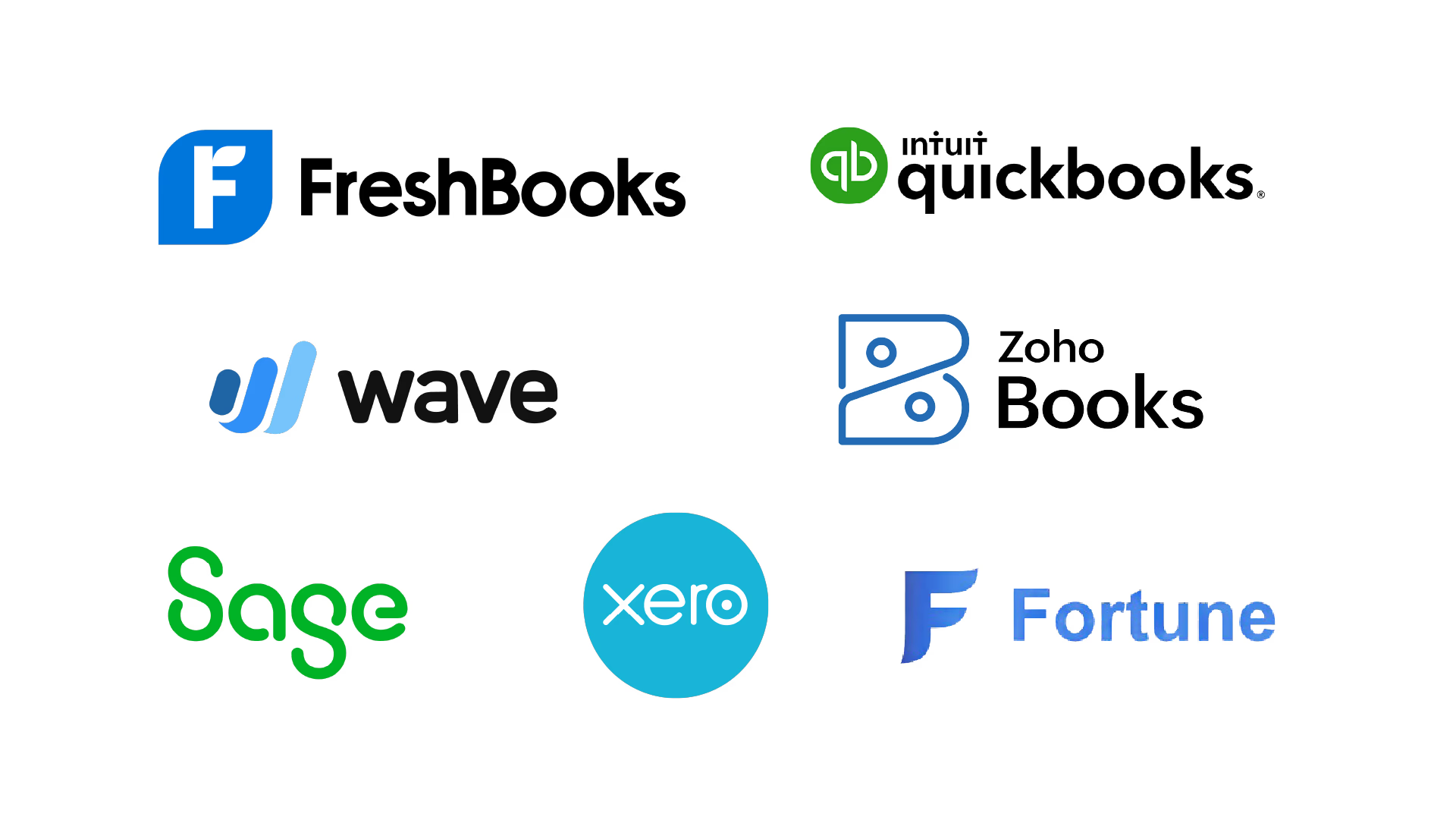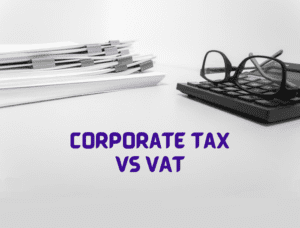Introduction
Selecting the right accounting software is a critical decision for any business. The right software can streamline financial processes, improve accuracy, and provide valuable insights to support decision-making. In this guide, we’ll explore the key factors to consider when choosing accounting software tailored to your business’s specific needs.
Understanding Your Business Requirements
Before evaluating software options, it’s essential to assess your business’s unique needs:
1. Business Size
- Start-ups and Small Businesses: Opt for user-friendly software that offers essential features without overwhelming complexity. Look for simplicity and affordability.
- Medium to Large Enterprises: Larger businesses may require advanced features like multi-user access, detailed reporting, and integration with other systems.
2. Industry-Specific Needs
Each industry has unique accounting requirements:
- Retail: Look for software with inventory management and sales tracking features.
- Service-Based Businesses: Focus on tools that include project management and time-tracking capabilities.
- Manufacturing: Choose software that offers robust supply chain and production cost management features.
3. Specific Features
Identify the features that your business will benefit from the most. Common features include:
- Invoicing and billing
- Expense tracking
- Payroll processing
- Tax preparation and filing
- Reporting and analytics
- Integration with CRM, ERP, or e-commerce platforms
Evaluating Software Options
Once you’ve assessed your business needs, it’s time to evaluate software options:
1. User-Friendliness
The software should be intuitive and easy to navigate. Ensure it’s user-friendly enough for your team, minimizing the need for extensive training.
2. Scalability
Choose software that can grow with your business. Ensure it accommodates increasing transaction volumes, additional users, and more complex features as your business expands.
3. Cost and Budget
Consider both upfront costs and ongoing subscription fees. Ensure the software fits within your budget while offering valuable features that meet your business needs.
4. Customer Support
Reliable customer support is vital for resolving technical issues. Check for availability via phone, email, or live chat, and review feedback regarding response times and service quality.
5. Integration Capabilities
Ensure the software integrates with other tools your business relies on, such as CRM systems, payroll software, and e-commerce platforms. This reduces manual data entry and improves overall efficiency.
6. Security Features
Data security is crucial when handling sensitive financial information. Verify that the software has robust security measures, including encryption and automatic backups, to protect your data.
Testing the Software
Before making your final decision, take advantage of free trials or software demos. Testing the software within your business environment helps determine if it meets your operational needs and expectations.
Conclusion
Choosing the right accounting software is a vital investment in your business’s future. By carefully assessing your requirements, evaluating software options, and testing potential solutions, you can select software that enhances your financial management. At Limrise, we understand the importance of effective accounting solutions. Our team is here to guide you through the software selection process, ensuring your financial operations run smoothly and efficiently.
Contact Us Today!
📞 +971 50 786 2491 | +971 55 285 2393
✉️ hello@limrise.com






